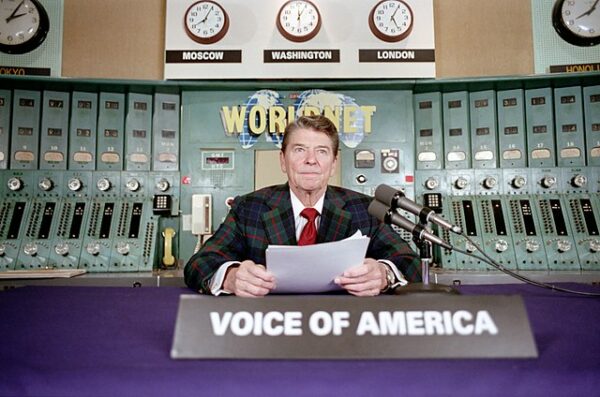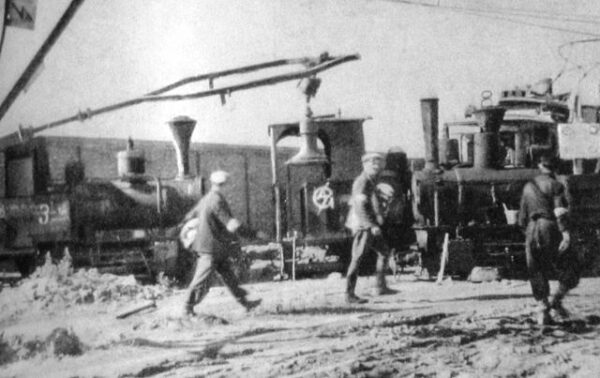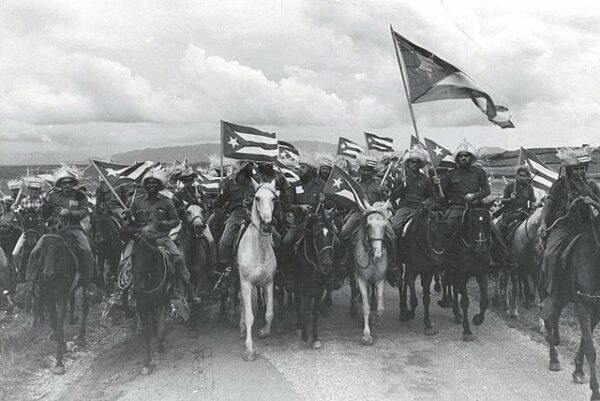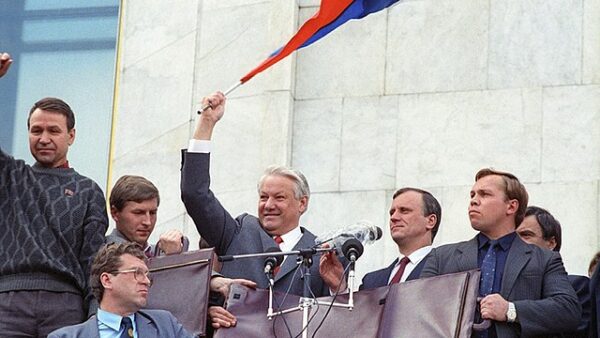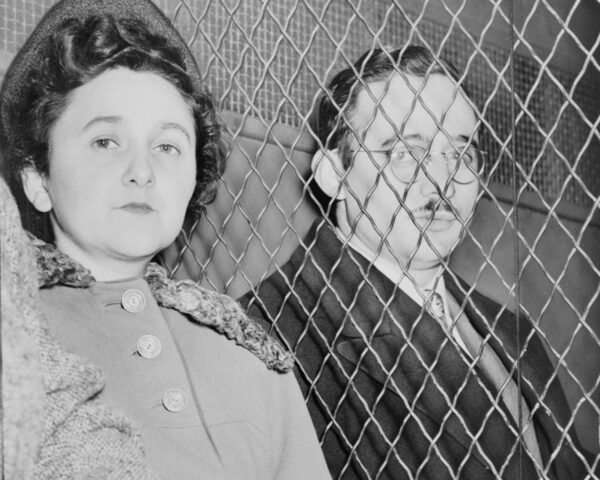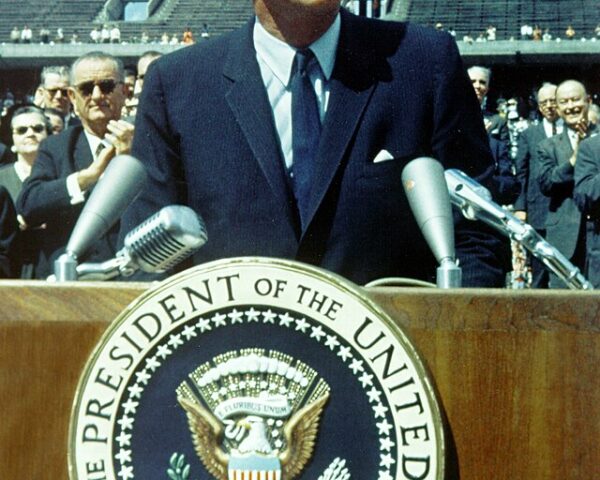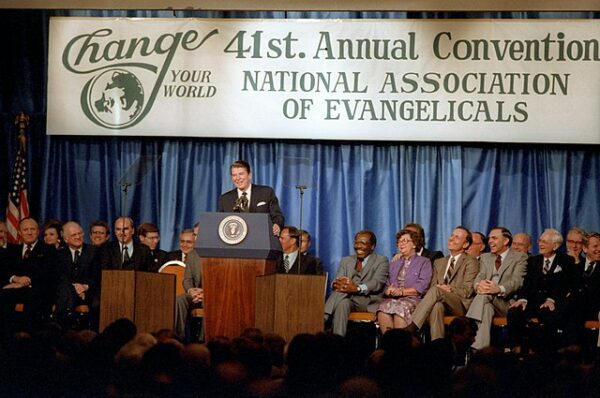It was a joke that put everyone on edge. On August 11, 1984, during a routine sound check before his weekly Saturday radio address, President Ronald Reagan made a remark that would become one of the most infamous gaffes of his presidency. Testing the…
Read MoreAugust 1, 1944, saw one of the largest urban uprisings of World War II. Since the beginning of the war and the joint Nazi-Soviet invasion of Poland in 1939, the Polish government had existed in exile in London. By the summer of 1944, with…
Read MoreOn July 26, 1953, Fidel Castro launched the attack that marked the start of the Cuban revolution and reshaped the power structure of the Western Hemisphere. The July 26 Movement was named after the attack on the Moncada Barracks on that date in Santiago…
Read MoreOn July 10, 1991, Boris Yeltsin became the first President of the Russian Federation, a historic moment marking a significant shift in Russian politics. This event came at a time of profound transformation for Russia, as it transitioned from a Soviet republic to a…
Read MoreOn June 19, 1953, two of the most famous spies against the United States met their fate. Members of the communist party, Julius and Ethel Rosenberg, were convicted of passing secret information about the atomic bomb to the Soviet Union in 1945. Julius Rosenberg…
Read MoreOn June 14, 1954, the United States of America officially became a nation “under God” When President Dwight Eisenhower signed a bill to insert the phrase into the Pledge of Allegiance. First designed in 1892, the pledge originally avoided referencing religion. In 1892, Francis…
Read MoreOn May 25, 1961, in a bold speech delivered before a special joint session of the United States Congress, President John F. Kennedy issued a challenge that would define a generation and redirect the trajectory of American science, industry, and global prestige. Speaking just…
Read MoreOn March 8, 1983, President Ronald Reagan delivered a speech that would become a defining moment in the narrative of the Cold War. Addressing the National Association of Evangelicals at their Annual Convention in Orlando, Florida, Reagan presented a powerful and ideologically charged oration…
Read More

